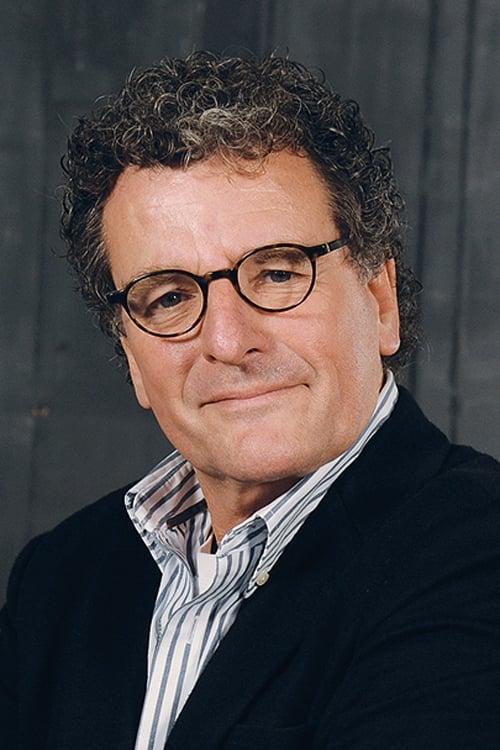
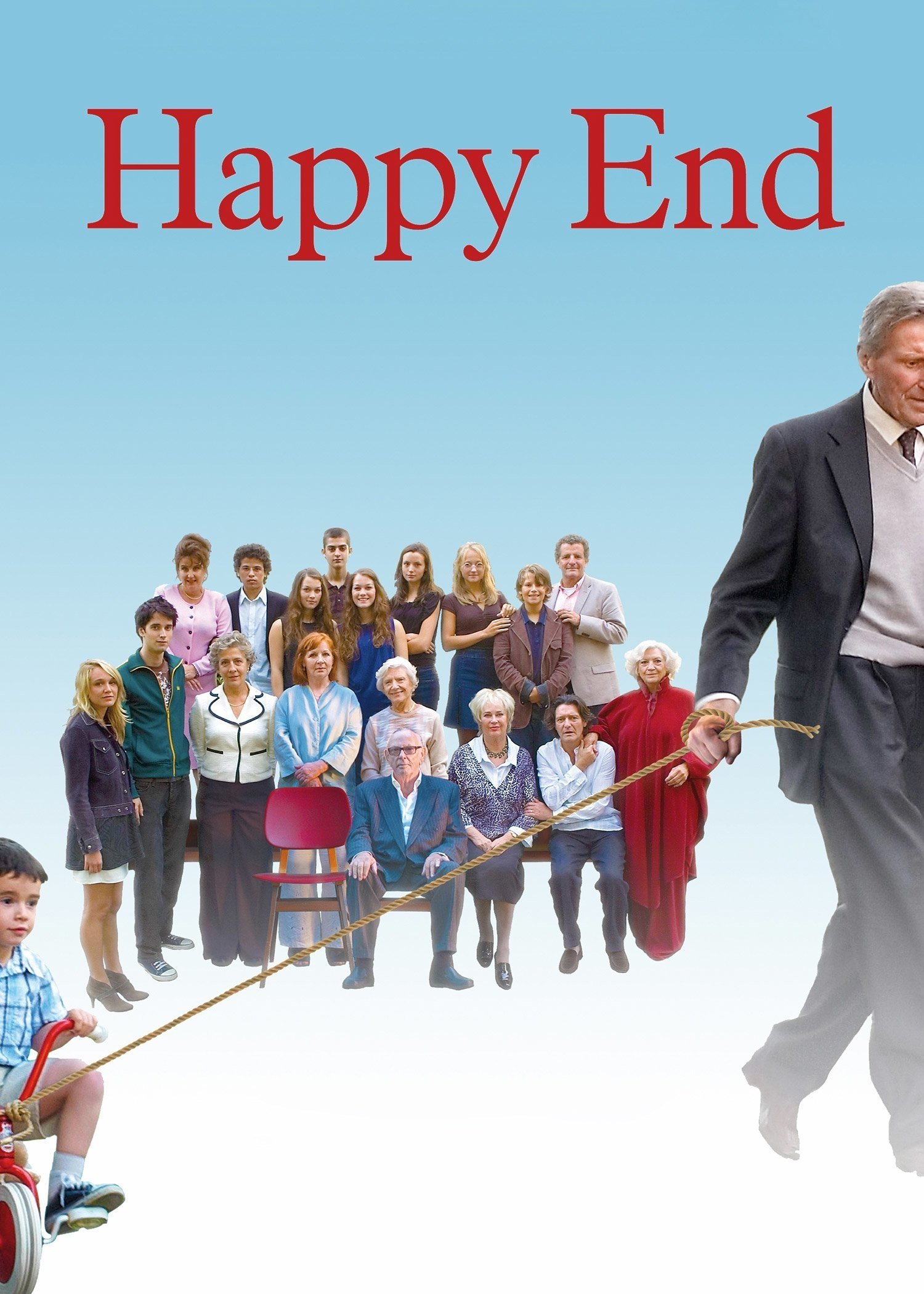
Na 'Leedvermaak' uit 1989 en 'Qui vive' uit 2001 is de trilogie nu compleet met 'Happy end'. Frans Weisz regisseerde, Judith Herzberg schreef. Een familiegeschiedenis waarin 3 generaties van een joodse familie elk op hun eigen manier worstelen...
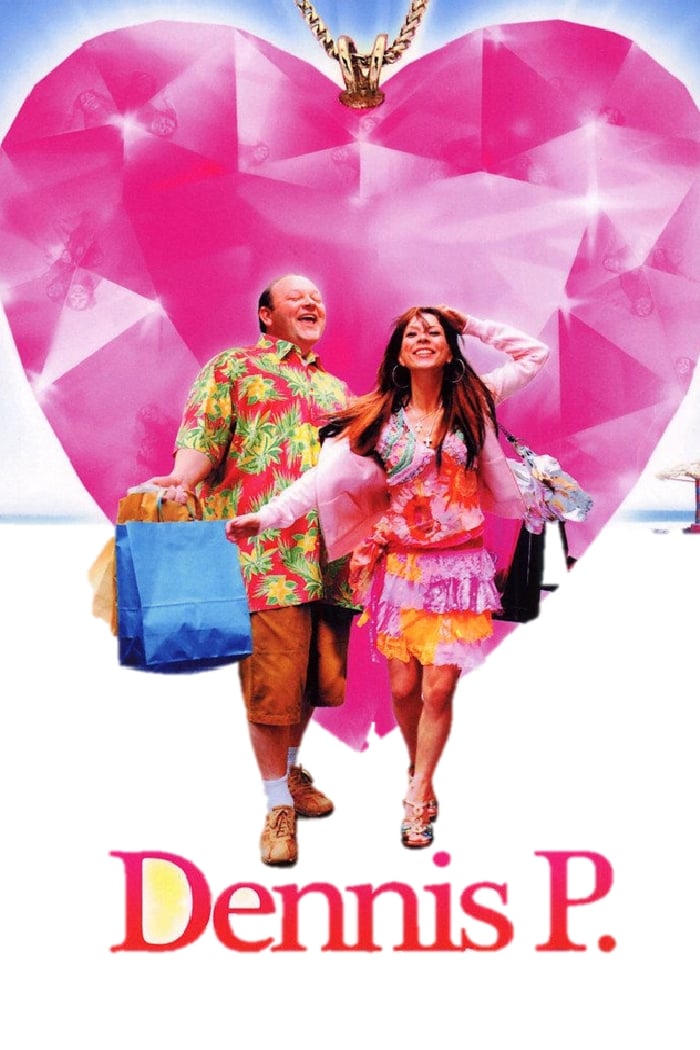
Comedy inspired by the true story of Dennis P, who became Holland's biggest diamond thief, when he walked away with the entire 20 million euros stock of an international diamond trader, using a microwave oven as a swagbag.
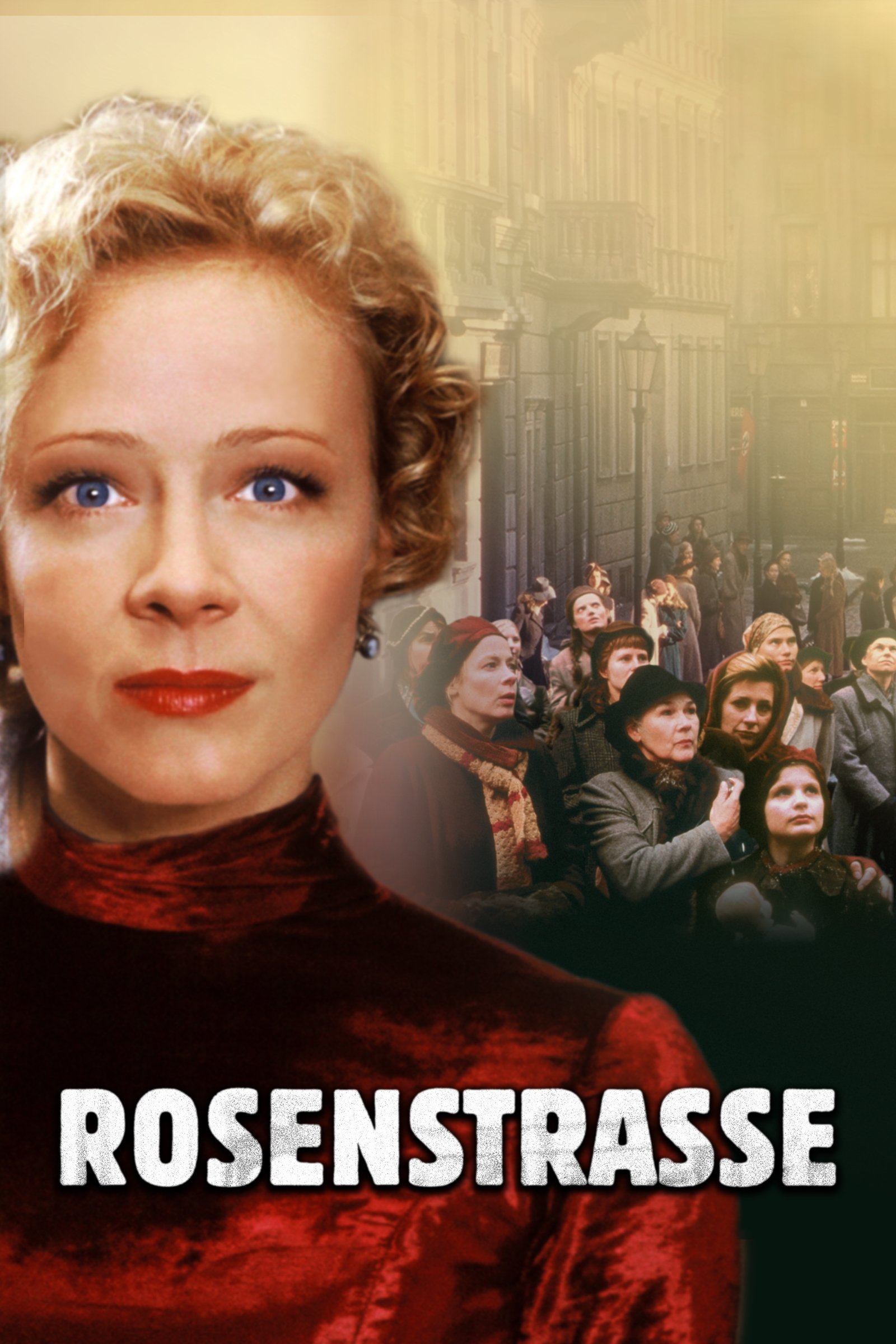
When Ruth's husband dies in New York, in 2000, she imposes strict Jewish mourning, which puzzles her children. A stranger comes to the house - Ruth's cousin - with a picture of Ruth, age 8, in Berlin, with a woman the cousin says helped Ruth escape. Hannah, Ruth's daughter engaged to a gentile, goes to Berlin to find the woman, Lena Fisher, now 90. Posing as a journalist investigating intermarriage, Hannah interviews Lena who tells the story of a week in 1943 when the Jewish husbands of Aryan women were detained in a building on Rosenstrasse. The women gather daily for word of their husbands. The film goes back and forth to tell Ruth and Lena's story. How will it affect Hannah?
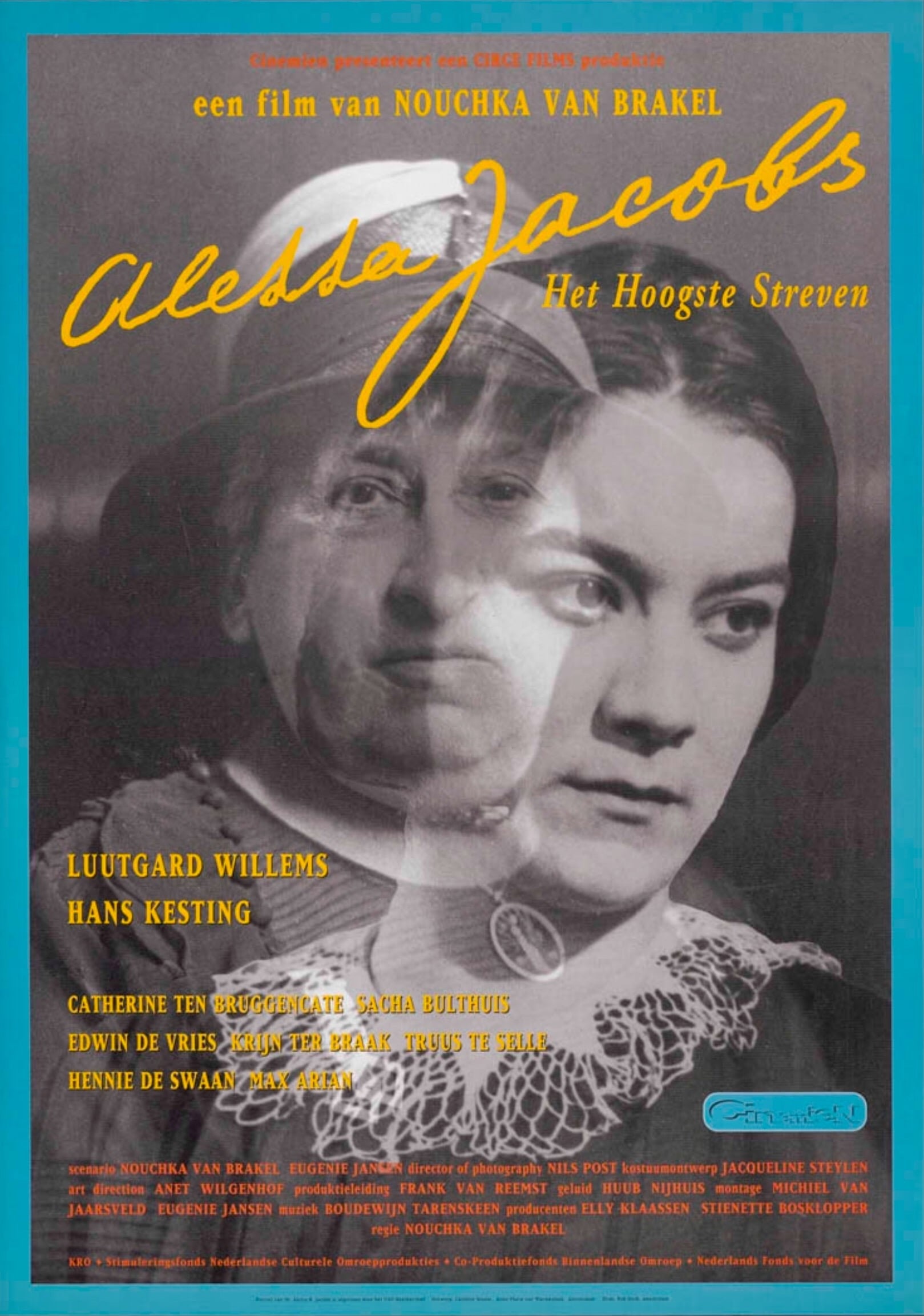
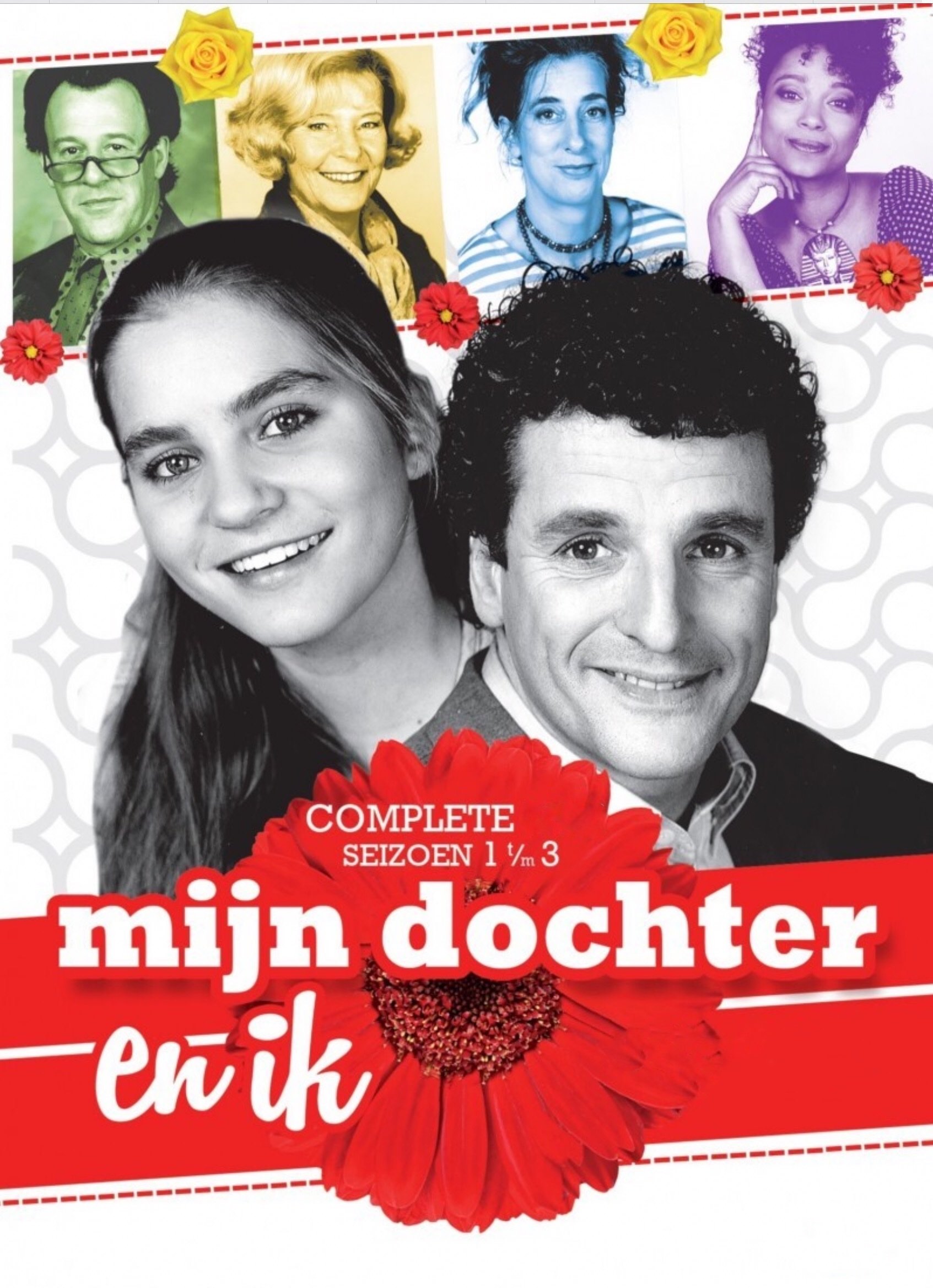
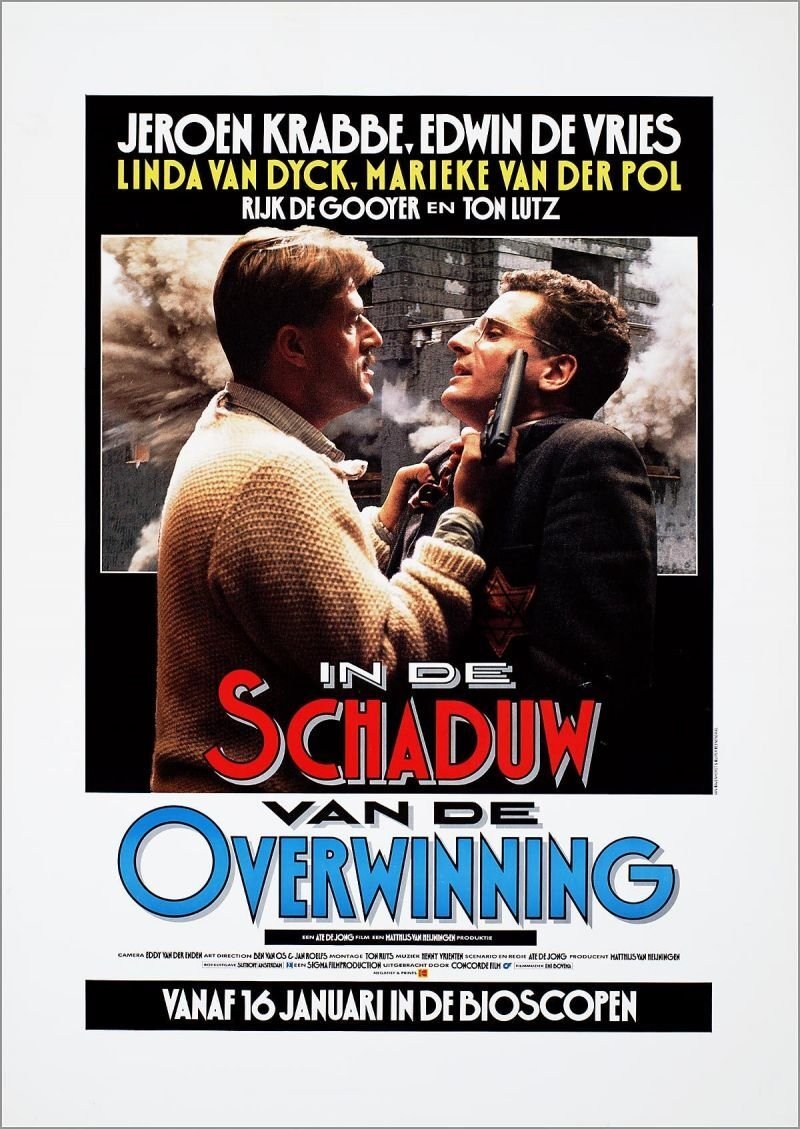
During World War II, two members of the Dutch resistance share the same goal but use very different methods to reach it.
By browsing this website, you accept our cookies policy.